End Times Signs are all Around us
- Noor Fatimah Ali

- Jul 28, 2024
- 6 min read
Updated: May 2, 2025

From blood moons to scorching heat waves, our planet is staging a show that is mesmerizing and at the same time alarming. Extraordinary celestial events and unprecedented natural events have captivated global attention, causing both wonder and concern. In January 2019, billions gazed skyward to witness the rare "super blood wolf moon," a celestial event that followed the equally remarkable "super blue blood moon" of January 2018.
These mysterious astronomical occurrences, while awe-inspiring, seem to foreshadow a worrying trend. Fast forward to 2024, we find the world witnessing an unrelenting global heat wave. June marked the 13th consecutive month of record-breaking temperatures according to the European Union's Climate Service. Each month since June 2023 has been warmer than the same month in previous years. 2024 has the potential to become the hottest year in recorded history. As the world struggles to deal with unprecedented occurrences of extreme weather, coupled with devastating earthquakes and mysterious eclipses, we cannot help but wonder if there is more going on than we realize.
Extremes Events on the Rise
Natural disasters and extreme events are occurring at an alarming frequency. From the powerful earthquakes that have shaken entire regions such as Turkey-Syria (2023) to devastating hurricanes like Hurricanes Beryl (2024) and Sandy (2012) that have battered coastlines, one calamity follows another in rapid succession. The devastation caused by natural disasters is staggering. The recent earthquakes in Turkey and Syria have claimed over 55,000 lives. Hurricane Sandy left a trail of destruction in its wake. Sandy's impact was felt by millions, with 8 million affected by power outages and an estimated $70 billion in damages across the United States. Wildfires scorch vast expanses of land, consuming everything in their path. In 2023, a total area that was approximately twice the size of Luxembourg, totalling 504,002 hectares, was scorched in the EU. No matter where you turn, reports of tsunamis, earthquakes, volcanic eruptions, and other natural disasters impacting various parts of the world dominate the headlines. Although some may argue that natural calamities have occurred throughout history, the frequency and severity of these natural disasters have increased dramatically in recent decades.
Turkey Syria Earthquake
Hurricane Sandy
Wildfires increase in Europe
The Scale and Frequency of Natural Calamities
According to the 2020 Ecological Threat Register, the number of natural disasters has grown tenfold since the 1960s. The Institute for Economics and Peace provides more in-depth data, revealing a rise from just 39 incidents in 1960 to 396 in 2019. Earthquakes serve as a prime example of this alarming trend. Data from the United States Geological Survey (USGS) shows a striking increase in earthquake occurrences from 1900 to 2008.

Some of the most devastating earthquakes in recent memory include the 2004 Indian Ocean earthquake and tsunami, which claimed an estimated 230,000 lives across multiple countries, and the 2010 Haiti earthquake, which resulted in between 100,000 and 316,000 deaths. The economic cost has been substantial, with global damages from natural disasters in 2023 alone amounting to $380 billion.
It is clear that despite the remarkable advancements in technology and scientific understanding, our world is witnessing an alarming increase in the frequency and intensity of natural disasters. This begs the question: why are these calamities escalating despite our progress? Scientists predict this increase in natural disasters to be a consequence of climate change. The consensus is that global warming causes a rise in extreme weather and the resulting natural calamities that we observe.
Interestingly, the escalation of these disasters also aligns with prophecies across belief systems. From Christianity and Islam to Hinduism, many religious texts describe a period of upheaval and natural calamities that precede a time of great change. The parallels between these scriptural descriptions and current events are profound and unsettling, challenging us to consider the foundations of our understanding.
Natural Disasters in Sacred Texts
From a religious perspective, the escalating frequency and severity of natural disasters are seen as evidence of the end times. This sentiment resonates across the scriptures of many faiths, most notably in Islam and Christianity. The Book of Revelation in Christianity foretells earthquakes, famines, and other calamities as precursors to the apocalypse and the Second Coming of Christ.
“And great earthquakes shall be in diverse places, and famines, and pestilences; and fearful sights and great signs shall there be from heaven.” (Bible, Book of Luke, Chapter 21, Verse 11)
In Islamic sources, natural calamities such as earthquakes, floods, and celestial events like eclipses are viewed as signs of the approaching Day of Judgment and the rise of the Qaim. The Quran explicitly mentions these phenomena as signs of the end times.
“He asks, ‘When will be the Day of Resurrection?’ When the eye is dazzled, and the moon is eclipsed, and the sun and the moon are brought together.” (Qur’an, Chapter 75 (Al-Qiyama), Verses 7-10)
Some Muslim scholars have interpreted the recent surge in natural disasters as a fulfillment of these prophecies.
The Prophet said, “The Hour (Last Day) will not be established until (religious) knowledge will be taken away, earthquakes will be very frequent, time will pass quickly, afflictions will appear, murders will increase and money will overflow amongst you.” (Sahih Al-Bukhari, Al-Bukhari, Book of Invoking Allah for Rain, Hadith 31)
Allah's Messenger said, “The famine would not break out because of drought, but there would be famine despite heavy rainfall as nothing would grow from the earth.” (Sahih Muslim, Muslim ibn Al-Hajjaj Al-Naysaburi, Book 54, Hadith 57)
Divine Messengers and Natural Calamities - A Historical Pattern
An intriguing and notable aspect, when we consider religion, is that these natural disasters coincide with the presence of a messenger. Throughout history, religious texts have often associated the advent of a divine messenger with the occurrence of natural calamities. In the Quran, it is mentioned that a severe flood struck the people of Prophet Noah, earthquakes destroyed the communities of Prophets Lot and Thamud, and a violent storm devastated the people of Prophet Hud.
“And in (the tribe of) A'ad (there is a portent) when we sent the fatal wind against them.” (Qur'an, Chapter 51 (Al-Dhariyat), Verse 41)
Similarly, during the time of Prophet Moses, nine signs were shown to Pharaoh's people; including droughts, floods, and plagues. This pattern of natural disasters coinciding with the advent of a messenger is not unique to Islam. In the Book of Revelation in the Bible, the arrival of the end times is marked by a series of catastrophic events, such as water turning to blood, locust plagues, and celestial disturbances, similar to the plagues during the time of Moses. In the Bible we read:
“Thus says the Lord, ‘By this you shall know that I am the Lord: behold, I will strike the water that is in the Nile with the staff that is in my hand, and it will be turned to blood.’” (Bible, Book of Exodus, Chapter 7, Verse 17)
“Moses stretched out his rod toward heaven; and the Lord sent thunder and hail, and fire darted to the ground. And the Lord rained hail on the land of Egypt.” (Bible, Book of Exodus, Chapter 9, Verse 23)
And in the Qur'an:
“So We sent upon them the flood and locusts and lice and frogs and blood as distinct signs” (Qur'an, Chapter 7 (Al-Araf), Verse 133)
Those who rejected the prophets in the past faced severe calamities. Similarly, in this last age, God Almighty has sent to us the Promised Messiah, the Qaim Aba Al-Sadiq, along with warnings from the past of the critical importance of heeding the divine messengers.
Imam Al-Baqir said:
“If the Sea of Najaf dries up and a hundred years have passed after that, then wait for a man. It was said, ‘And who is he, Oh son of the Messenger of Allah?’ He said ‘Meem and Ha and Meem and Dal’ (Arabic letters MHMD).” (250 Signs until the Appearance of Imam Mahdi, Muhammad Ali Tabatabai, p. 56. Sign 1130)
The sea of Najaf started to dry in the year 1887, and the dryness was completed in the year 1915. A hundred years after 1915 is 2015, which was the very year that Imam Mahdi appeared, on January 23rd, when the Qaim Aba Al-Sadiq Abdullah Hashem Appeared with the black banner that reads "Allegiance is to Allah" and announced he was the messenger of Imam al-Mahdi, the 12th Imam, and that his name was mentioned in the Will of Prophet Muhammad.
Both religious and scientific viewpoints do agree that natural disasters are on the rise, with no signs of abating despite technological advancements. While the escalating frequency is attributed to different factors, the undeniable reality is that our planet is undergoing profound and unsettling changes. Strikingly, this trend precisely aligns with divine prophecy foretelling of disasters in nature in the end times. It resonates particularly with Jesus’ warning of the end times arriving "like a thief in the night" - suddenly and unexpectedly. Similarly, natural disasters seem to be creeping up on humanity, catching us off guard, only to face the realization that the end times have materialized without us being aware of it.
As we confront the increasing frequency and severity of natural calamities in this age, we are reminded through the past to heed the divine messenger, the promised relief sent by God in our time to provide us with the wisdom and fortitude to weather the storms that lie ahead.
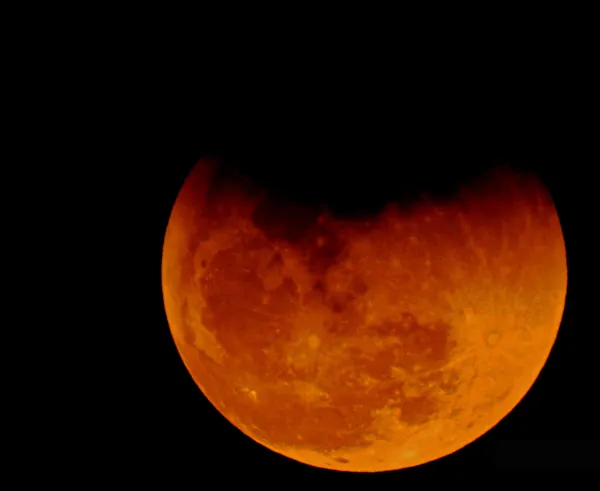

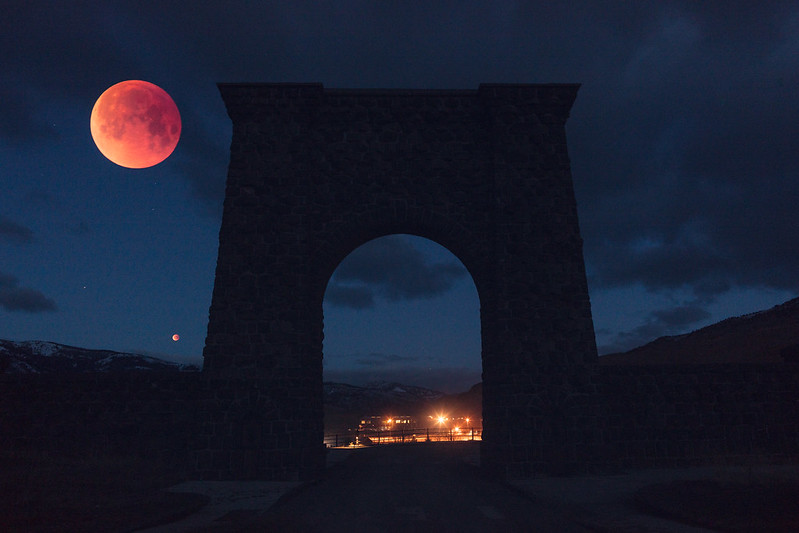











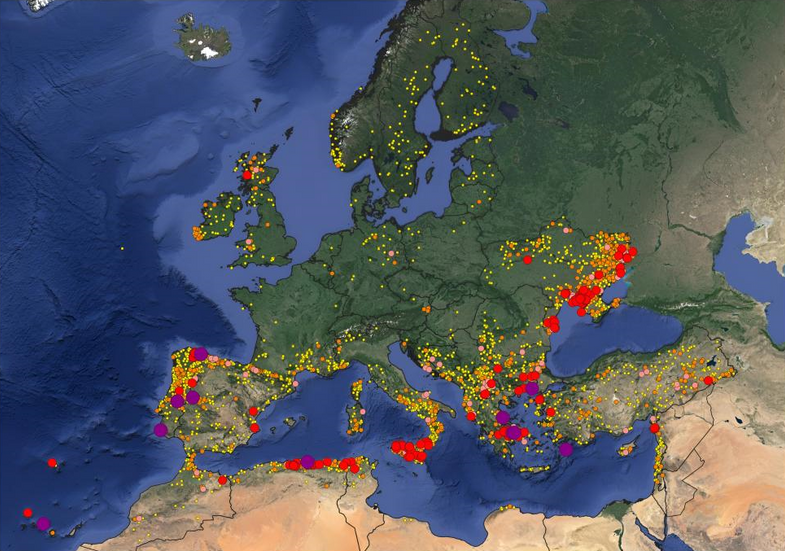
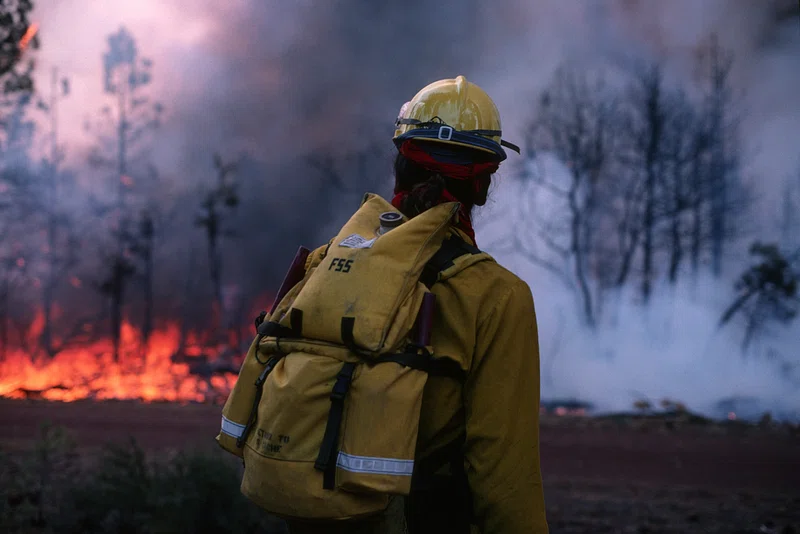

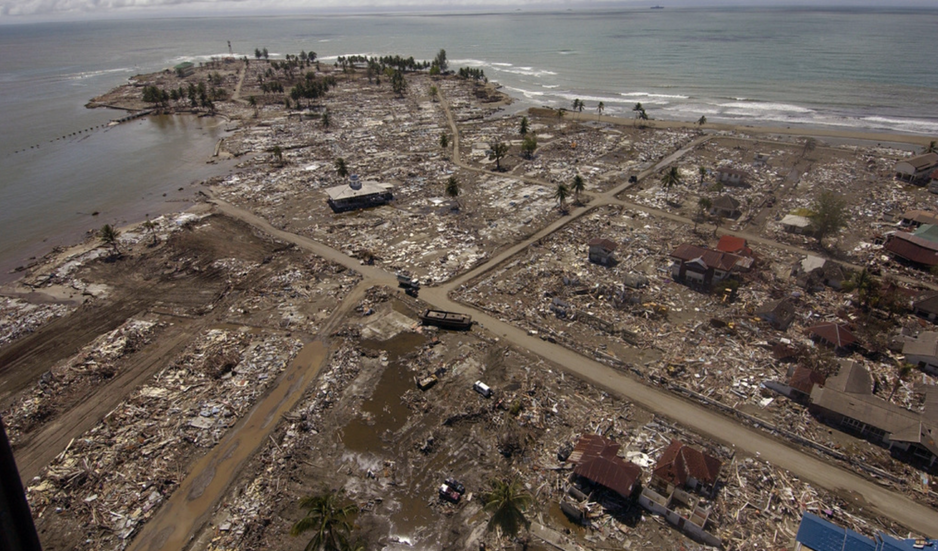







Peace be upon MHMD, the greatest human ever live
Narration from the ahlulbayt said that 5/7 of humanity will be wiped out, seems inevitable